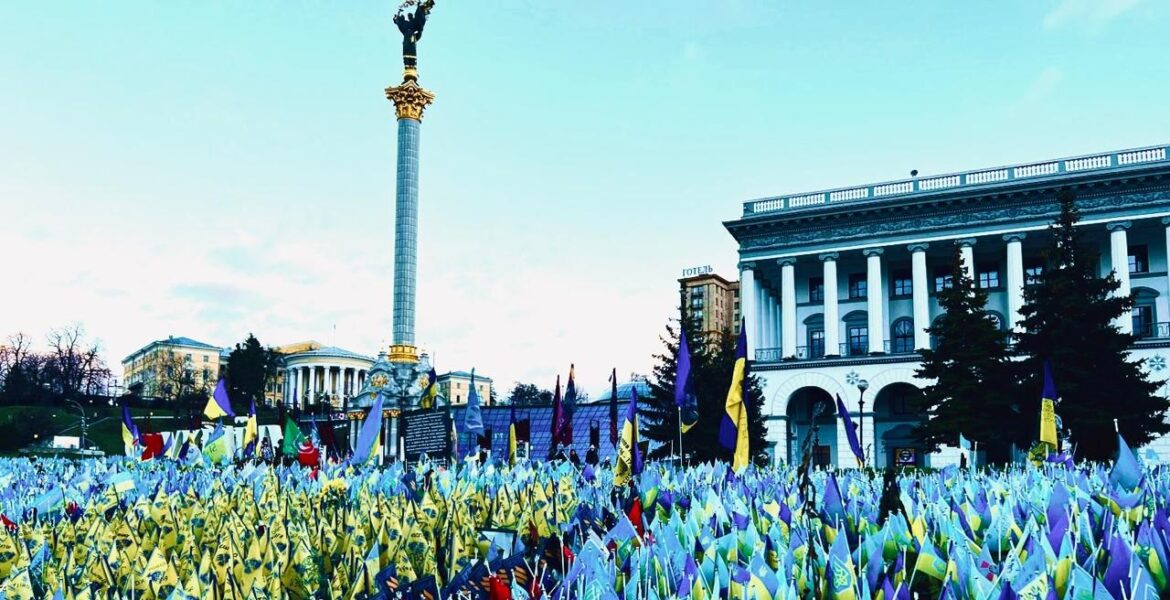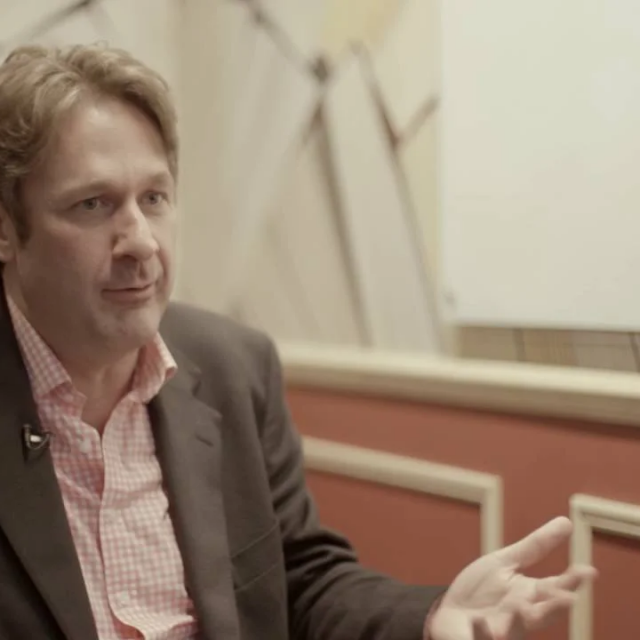President Volodymyr Zelenskyy’s victory plan for Ukraine, which will be presented at the UN General Assembly later this month, plays a central role in Ukraine’s strategy to end Russian aggression and restore sovereignty. The plan consists of four key elements.
Firstly, it calls for the liberation of all occupied Ukrainian territories through military victory, including decisive strikes on Russian military installations. The use of Western weaponry, particularly long-range systems provided by allies, is crucial for this goal.
Secondly, Zelenskyy’s plan aims to actively expand the international coalition supporting Ukraine. This includes increasing arms supplies, financial support, and diplomatic and political assistance from Western countries. Ukraine needs the continuation and strengthening of these commitments,19 given the protracted nature of the conflict.
The third component involves the restoration of the Ukrainian economy and infrastructure. The confiscation of frozen Russian assets in the EU will be one of the key funding sources for rebuilding destroyed cities and businesses. Direct investments from Western countries are also planned to facilitate Ukraine’s recovery post-war.
Finally, the fourth element of Zelenskyy’s plan focuses on holding accountable all those involved in unleashing and supporting aggression against Ukraine. International justice and restoring accountability through tribunals and other legal mechanisms are intended to ensure that those guilty of war crimes are punished.
On 19 September the European Parliament adopted an important resolution calling for the immediate lifting of all restrictions on Ukraine’s strikes against Russian military targets. This decision was supported by 425 members, with 131 voting against. The European Parliament also expressed serious concern over the decrease in military assistance to Ukraine from certain countries. A lack of supplies of weapons, ammunition, and air defence systems could weaken Ukraine’s defence capabilities, raising alarm among its allies. Questions were also raised about the confiscation of frozen Russian assets and their use for Ukraine’s reconstruction, steps that could significantly accelerate its economic and infrastructural recovery.
U.S. support plays a key role in the implementation of Zelenskyy’s plan. Without Washington’s approval, Ukraine will not be able to use long-range missiles to strike Russian targets. The U.S. remains an important partner for Ukraine, supplying modern air defence systems, munitions, and missile defence technologies critical for protection against Russian attacks.
Belgium has taken an active stance in supporting Ukraine since the onset of the Russian-Ukrainian war. In 2024, the country allocated significant funds for military aid, signing a long-term agreement that includes the delivery of 30 F-16 fighter jets by 2028, with the first planes expected to arrive by the end of 2024. The agreement also encompasses the provision of armoured vehicles, air defence systems, and training for Ukrainian forces. Belgium has committed to assisting with demining and maritime security as well.
Belgian Prime Minister Alexander De Croo has repeatedly emphasized that supporting Ukraine is essential not only for its security but also for protecting Europe from further aggression by Russia. In 2024, Belgium allocated €977 million for these purposes and will continue to provide support over the next decade.
Ukraine’s victory is crucial not only for its sovereignty but also for the security of all of Europe. Russian aggression poses a real threat to stability on the continent, and the successful implementation of Zelenskyy’s plan will be a key step toward peace. For Europe, including Belgium, it is vital to continue providing military and financial assistance to Ukraine, lift restrictions on the use of weapons, and increase pressure on Russia.




